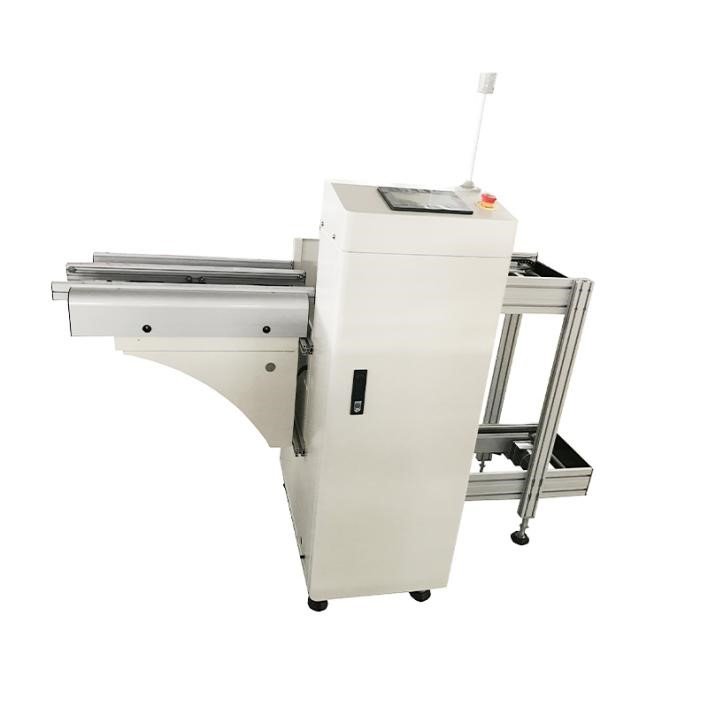Optimizing Transformer Performance Through Oil Care
The Significance of Oil in Transformer Reliability
Transformers are critical components of the power distribution system, responsible for ensuring stable and efficient electricity delivery. The insulating oil within transformers plays a dual role: cooling and insulation. Over time, this oil accumulates moisture, gases, and fine particles, which can compromise the transformer’s dielectric strength and operational efficiency.
Using a transformer oil filtration machine is essential to maintain oil quality, prolong transformer life, and minimize the risk of failures. Clean oil ensures smooth operation, prevents overheating, and reduces the likelihood of costly downtime.
Advantages of Employing a Transformer Oil Filtration Machine
Integrating a transformer oil filtration machine into maintenance protocols provides several significant benefits:
- Prolonged equipment lifespan: Removing impurities reduces wear on internal components and maintains dielectric properties.
- Enhanced operational efficiency: Clean oil improves heat dissipation, minimizing energy loss and maintaining stable performance.
- Cost reduction: Recycling and purifying oil reduces the need for frequent replacements, lowering overall operational costs.
- Environmental safety: Proper oil filtration prevents hazardous waste from entering the ecosystem.
These advantages demonstrate that oil filtration is both a maintenance necessity and a strategic investment in industrial efficiency.
Features of Modern Transformer Oil Filtration Machines
Modern transformer oil filtration machines are designed for efficiency, versatility, and reliability. Key features include:
- Vacuum dehydration: Eliminates moisture and dissolved gases, restoring insulating capacity.
- Multi-stage filtration: Removes solid particles, sludge, and impurities to maintain oil clarity.
- Automated monitoring: Sensors track oil quality, alerting operators when attention is required.
- Energy-efficient operation: Machines are designed to minimize power consumption while maximizing purification efficiency.
- Modular and scalable design: Suitable for small to large transformer setups, ensuring adaptability across industrial applications.
These features make transformer oil filtration machines indispensable for utilities and industrial operations aiming for reliability and cost-effectiveness.
Types of Transformer Oil Filtration Machines
Different industrial settings require specific filtration technologies:
- Vacuum oil filtration units: Remove water and dissolved gases, ideal for high-voltage transformers.
- Centrifugal filtration systems: Use centrifugal force to separate sludge and solid particles effectively.
- Filter-based systems: Capture fine particles and contaminants, extending oil life and preserving insulation quality.
Selecting the right type depends on transformer size, oil volume, contamination level, and operational requirements.
Operational Benefits Beyond Maintenance
A transformer oil filtration machine offers advantages that go beyond direct cost savings:
- Increased reliability: Maintaining clean oil reduces transformer failures and unplanned outages.
- Improved safety: Eliminating contaminants lowers the risk of overheating, electrical faults, and insulation breakdowns.
- Sustainable operations: Reusing filtered oil reduces waste and promotes environmentally friendly industrial practices.
- Consistent energy delivery: Transformers with purified oil maintain stable voltage output and high operational efficiency.
These benefits make oil filtration a strategic component of industrial and utility operations.
Best Practices for Filtration Machine Operation
To ensure maximum efficiency, operators should adhere to the following best practices:
- Routine inspections: Regularly check oil quality, filtration units, and vacuum systems.
- Timely replacement of consumables: Replace filters and components according to manufacturer guidelines.
- Operator training: Ensure staff are familiar with machine operation and can detect early signs of oil degradation.
- Proper installation: Correct integration with transformers guarantees optimal oil purification.
Following these practices ensures long-term machine performance and oil quality.
Economic and Industrial Implications
The use of a transformer oil filtration machine provides tangible financial and operational benefits. By purifying existing oil, industries reduce costs associated with purchasing new oil and prevent unplanned equipment downtime. Clean oil also maintains transformer efficiency, contributing to consistent power supply and higher industrial productivity.
Environmentally, reusing and purifying oil minimizes hazardous waste, helping companies comply with regulations and support sustainable operations. Overall, the filtration process represents both economic and ecological advantages.
See also: Top Reasons to Study a Master of Science in Data Science in Singapore’s Thriving Tech Hub
Technological Advancements in Oil Filtration
The field of oil filtration has seen significant technological innovations:
- IoT-enabled machines: Offer remote monitoring, predictive maintenance, and real-time oil condition data.
- Eco-friendly filtration media: Reduce environmental impact while maintaining high purification efficiency.
- Portable and modular designs: Allow on-site purification and easy integration into industrial systems.
- Multi-stage filtration methods: Combine vacuum dehydration, degassing, and mechanical filtration for near-complete oil restoration.
These advancements make transformer oil filtration machines more efficient, adaptable, and environmentally responsible.
Choosing the Right Transformer Oil Filtration Machine
Selecting the appropriate machine is critical for achieving operational and financial benefits:
- Operational requirements: Consider transformer size, oil volume, and contamination severity.
- Manufacturer reliability: Choose a manufacturer with proven quality, durability, and support services.
- Maintenance and support: Ensure access to technical support, spare parts, and training.
- Compliance: Machines should meet industrial safety, electrical, and environmental standards.
A careful selection ensures effective oil purification, prolonged transformer life, and reduced operational expenses.
Conclusion
A transformer oil filtration machine is essential for maintaining the efficiency, reliability, and safety of transformers in industrial and utility settings. By removing moisture, gases, and solid contaminants, these machines restore oil quality and enhance operational stability.
Modern filtration machines, with multi-stage purification, automated monitoring, and energy-efficient designs, deliver tangible benefits. Industries and utilities investing in reliable oil filtration systems achieve improved transformer performance, lower maintenance costs, and a reduced environmental footprint.
Integrating a transformer oil filtration machine into maintenance protocols is a strategic decision, ensuring long-term operational reliability, safety, and sustainable industrial practices.






